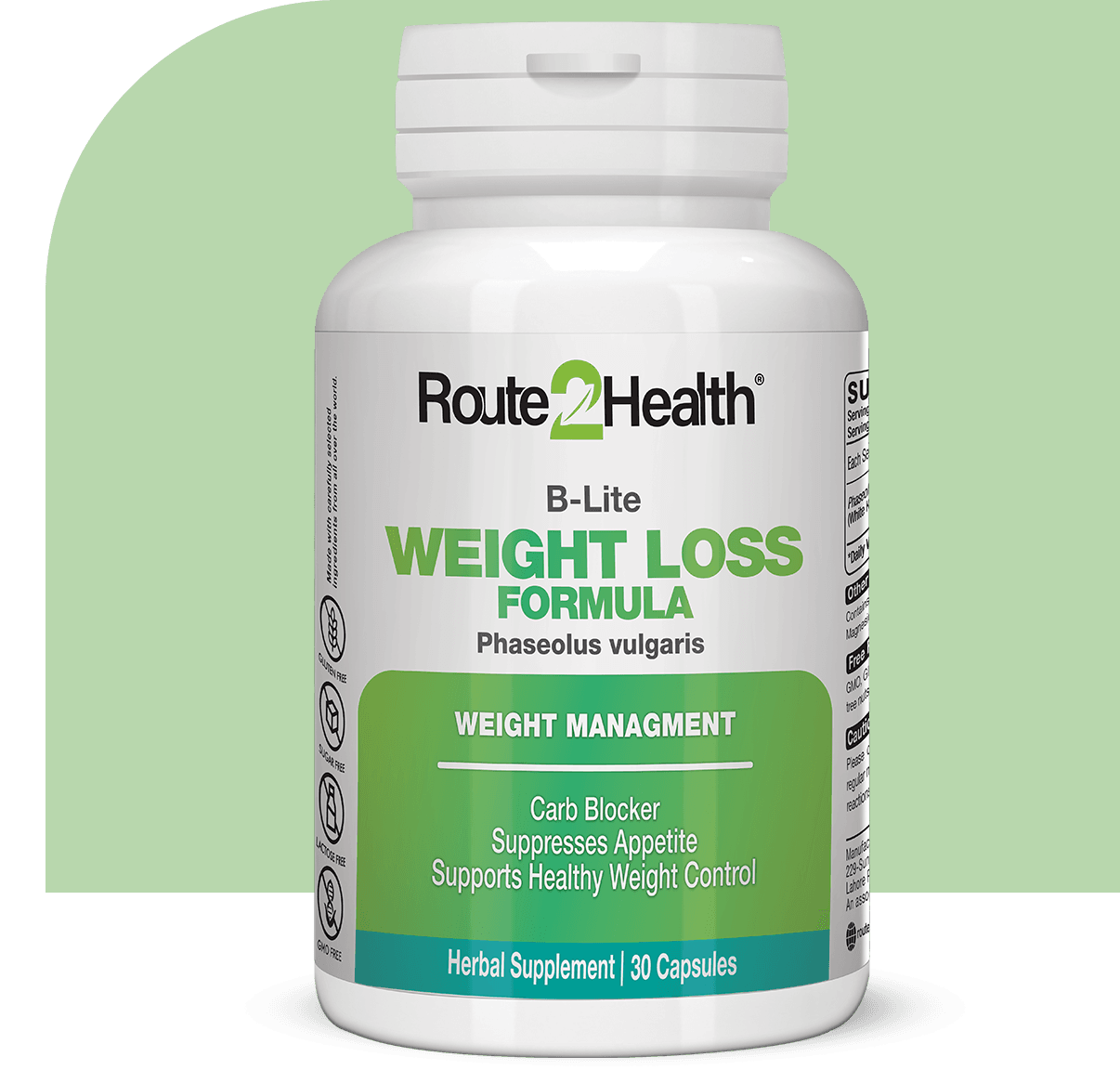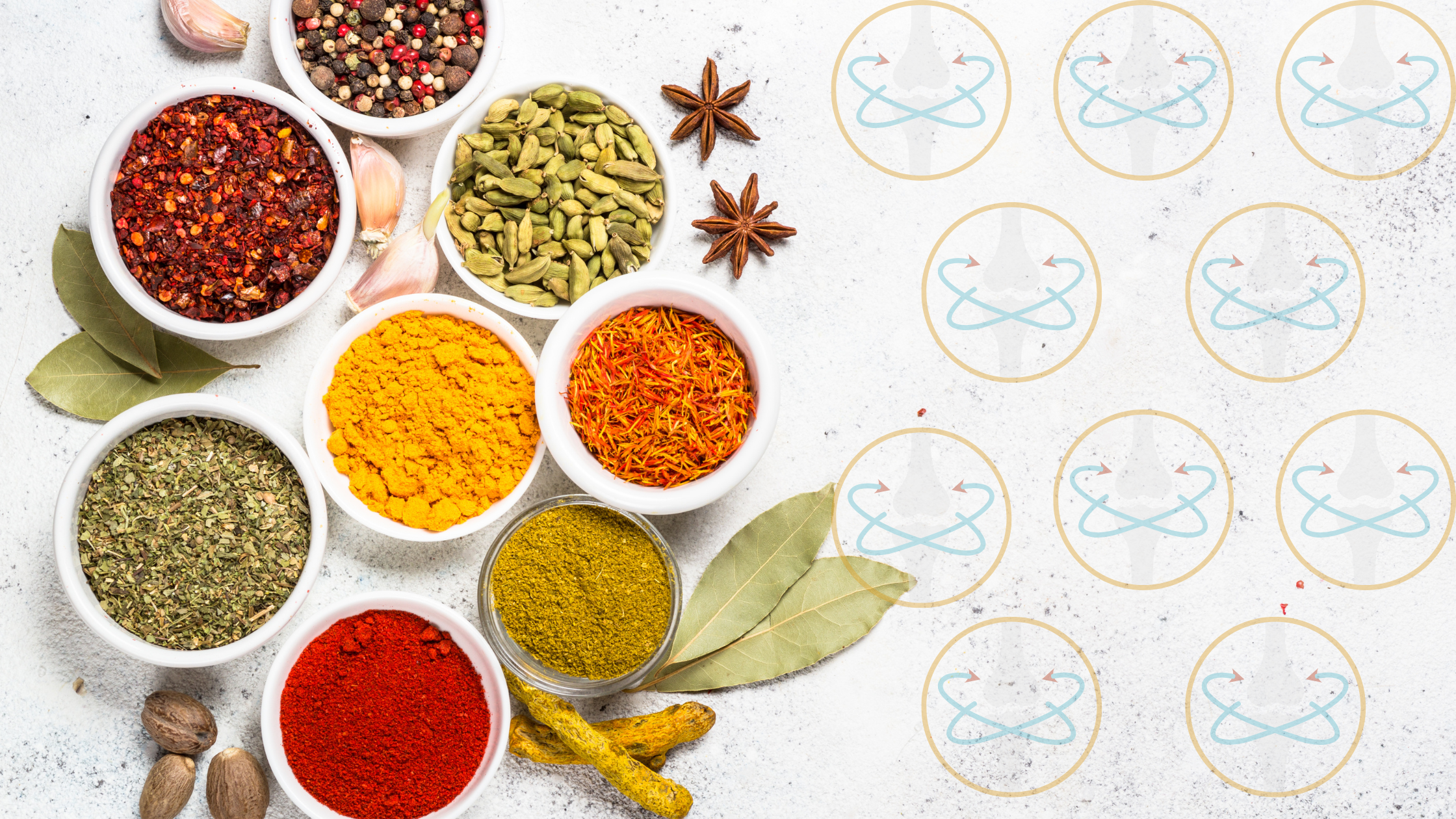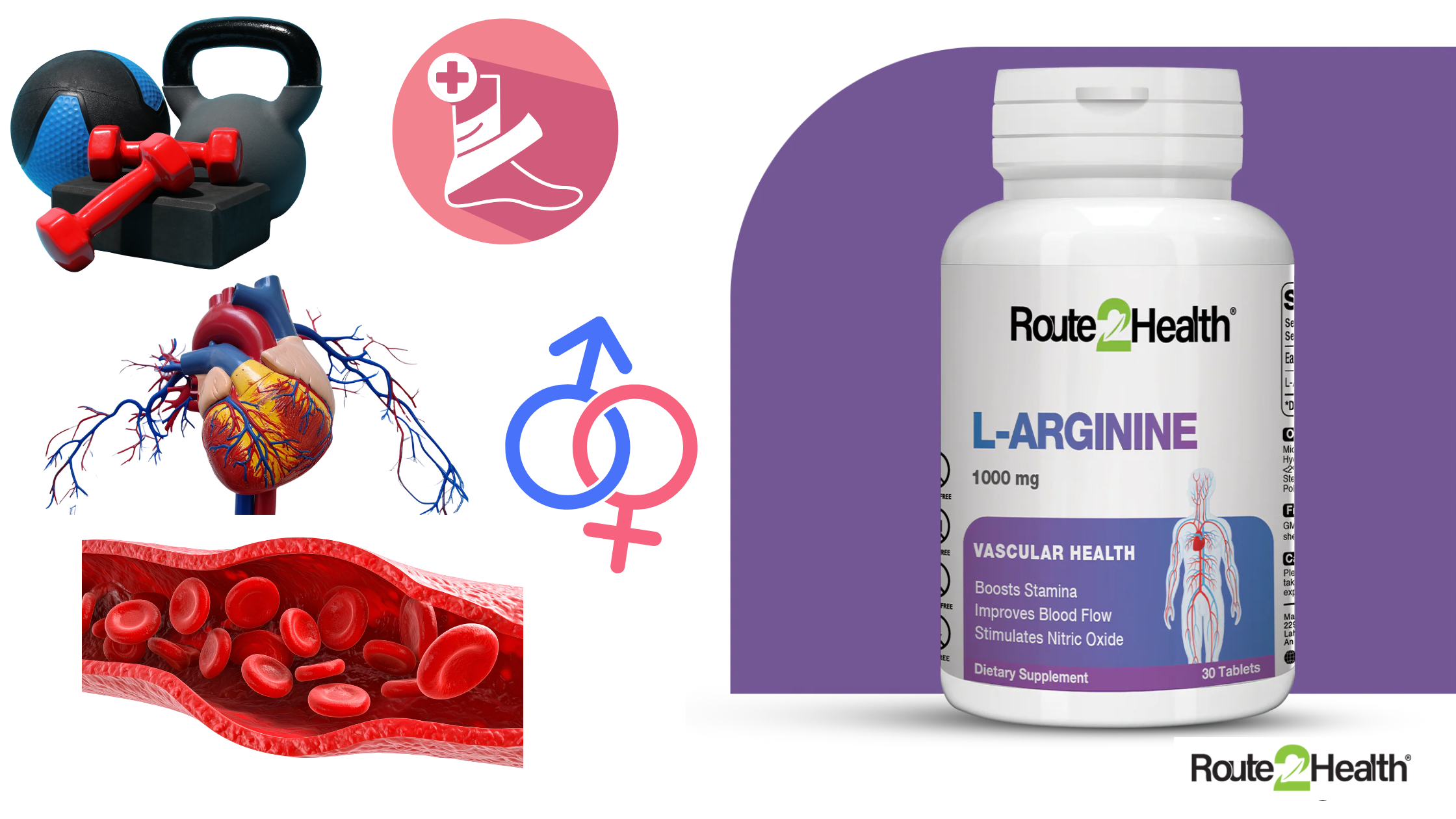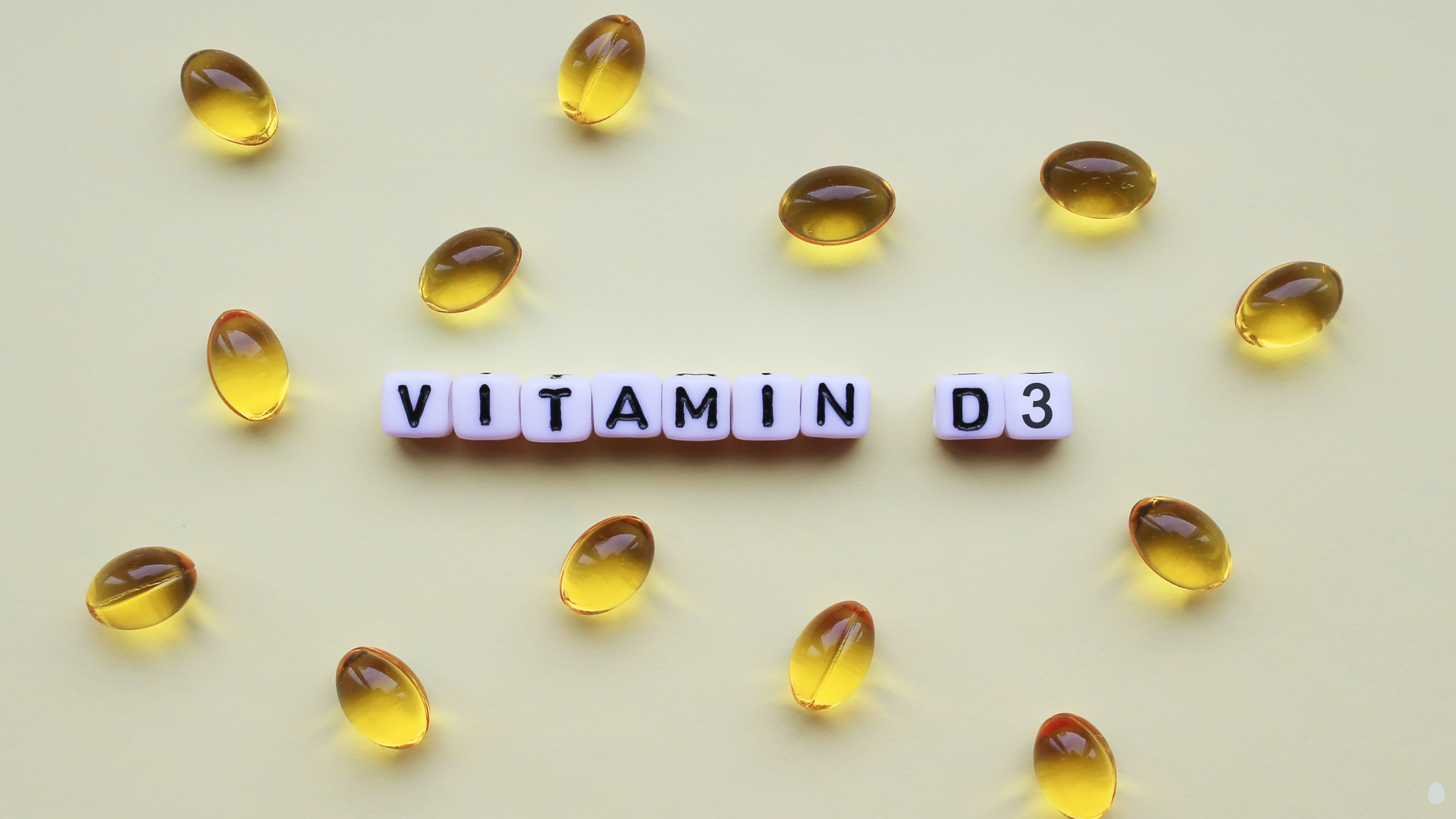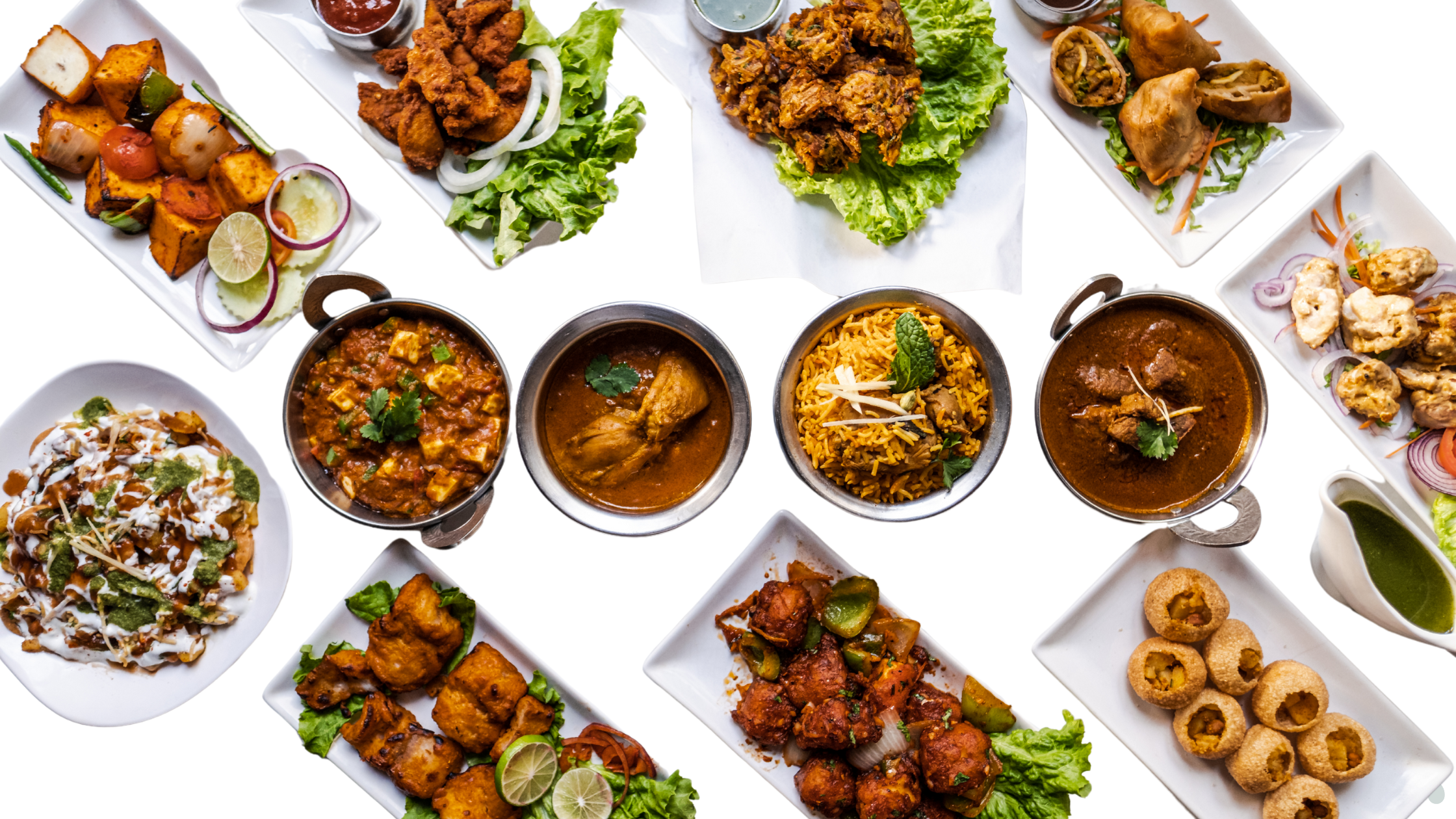
How to Maintain Your Diet Through Eid Without Missing Out on the Fun?
Eid is the ultimate reward after a month of fasting, self-reflection, and spiritual growth during Ramadan. The feasts, the sweets, the family gatherings—it’s a time of joy, gratitude, and, let’s be honest, a lot of delicious food. But if you’ve spent Ramadan focusing on healthier habits, you might wonder how to enjoy Eid without completely derailing your diet. Good news: you can have your sheer khurma and eat it too! The key? Balance, moderation, and a few smart strategies to keep things in check—without depriving yourself of Eid’s culinary delights.
Here’s how to maintain your diet through Eid while still indulging (because let’s face it, saying no to your aunt’s famous gulab jamun is practically impossible).
Understanding the Transition from Ramadan to Eid
During Ramadan, your body adapts to a different eating schedule, often leading to a slower metabolism. Eid marks the return to regular eating habits, and this sudden change can be overwhelming for your digestive system. Therefore, it's crucial to ease into this transition thoughtfully to maintain your well-being.
6 Rules to Maintain Your Diet During Eid (Without Being Too Strict)
1. Start Your Day with a Protein-Packed Breakfast
After a month of suhoor and iftar, your body may be used to irregular eating patterns. On Eid morning, kickstart your metabolism with a balanced breakfast that includes protein (like eggs, Greek yoghurt, or lean meats) and fibre (whole grains, veggies). This helps control cravings later when the sweets and fried snacks make their grand appearance.
Studies demonstrate that a protein-rich breakfast boosts metabolism by 15-30% through diet-induced thermogenesis. A randomised controlled trial shows that participants who eat eggs for breakfast consume fewer calories throughout the day compared to those eating carb-heavy meals.
Pro Tip: If you’re heading to a family gathering, eat a small, healthy snack beforehand to avoid overindulging on empty calories.

2. Practice Portion Control—Not Deprivation
Eid is all about celebration, and that includes food! Instead of skipping your favourite dishes, enjoy them in smaller portions. Have a bite of that samosa and a small piece of baklava, and savour each mouthful. This way, you satisfy cravings without overeating.
Research reveals that eating slowly activates satiety signals in the brain, reducing calorie intake by up to 20%. Research in The American Journal of Clinical Nutrition shows that using smaller plates can naturally reduce portion sizes by 22% without feeling deprived. Enjoy your favorite Eid dishes, but savor each bite mindfully.
Pro Tip: Take the Quarter Plate to Have Your Meal. It will help you control your food intake and trick your mind into believing that you had a plate full of food.

3. Stay Hydrated (Yes, Even on Eid!)
Between all the chai, coffee, and sugary drinks, it’s easy to forget about water. Dehydration can sometimes be mistaken for hunger, leading to unnecessary snacking. Aim to drink at least 2 litres of water throughout the day to stay full and energised.
Dehydration is often misinterpreted as hunger. Drinking 500ml of water before meals reduces calorie intake significantly. Opt for water over sugary drinks to avoid energy crashes.
ProTip: Drinking water before meals can help prevent overeating.

4. Choose Smart Swaps Where Possible
Love biryani? Opt for a smaller portion with extra salad. Craving sweets? Try fruit-based desserts like dates or a small serving of kheer instead of multiple gulab jamuns. Small swaps help you enjoy Eid feasts without going overboard.
Clinical research demonstrates that replacing refined carbs with fiber-rich alternatives improves glycemic control by up to 40%. A study in the journal Diabetes Care shows that starting with salad or protein before carbs reduces overall calorie intake by 18%.
ProTip: Fill half your plate with vegetables before enjoying festive dishes.

5. Make Up For It Later
Unless you are on a specific diet like keto, a day of cheating on your diet won't do much harm. As long as you keep your body in a calorie deficit, you’ll still lose weight. So, if you have indulged in delicacies this eid, don't worry. Jst try eating lesser the next day or workout hal an hour more.
ProTip: Fast for 16 hours the very next day to rest your body to diet mode.

6. Consider Taking B-Lite by Route2Health
For those looking to manage carbohydrate intake during Eid, B-Lite by Route2Health offers a natural solution. Containing Phaseolus vulgaris extract, commonly known as white kidney bean extract, B-Lite acts as a carbohydrate blocker by inhibiting the enzyme alpha-amylase. This action reduces the digestion and absorption of carbohydrates, potentially aiding in weight management. Incorporating B-Lite into your routine may help you enjoy traditional Eid dishes with greater dietary control.
Final Thoughts: Balance Is Key
Eid is a time for celebration, gratitude, and yes, delicious food. Instead of stressing over every calorie, focus on mindful eating, portion control, and staying active. A few days of indulgence won’t undo your progress, especially if you return to balanced habits afterward.
And if you want a little extra help managing carbs, supplements like B-Lite can be a useful tool. The goal isn’t perfection—it’s enjoying Eid while feeling your best!
FAQs
1. Is it okay to have cheat days during Eid?
Absolutely. Allowing yourself to indulge occasionally is part of a balanced approach to eating. Enjoying festive meals in moderation can help you maintain a healthy relationship with food.
2. How can I avoid overeating during Eid gatherings?
Practising portion control, choosing nutrient-rich foods first, and eating slowly to recognise fullness cues can help prevent overeating.
3. Are there healthier alternatives to traditional Eid sweets?
Yes, consider preparing desserts with natural sweeteners, incorporating fruits, or opting for baked goods over fried options to make traditional treats healthier.
4. Can B-Lite be taken alongside other dietary supplements?
It's advisable to consult with a healthcare professional before combining supplements to ensure safety and efficacy.
5. Where can I purchase B-Lite by Route2Health?
B-Lite is available through Route2Health's official website and authorised retailers. Visit their website for more information and to place an order.

